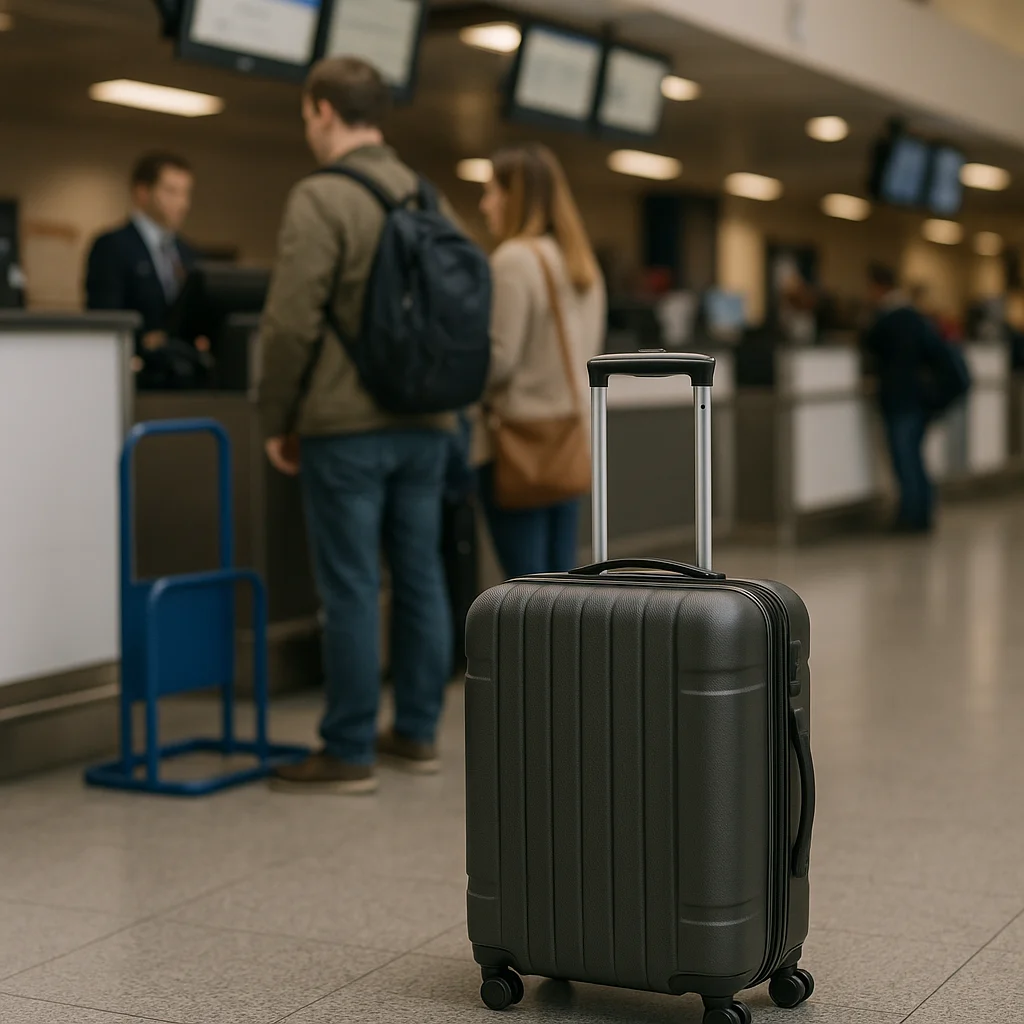Preparing Your Trip with Travel Safety in Mind
Planning a holiday for 2025 brings excitement, but incorporating travel safety early on ensures your journey stays smooth and secure. Researching your destination thoroughly helps you anticipate potential risks and understand local customs and laws. Checking government travel advisories can provide vital safety information tailored to your location.
Before departure, update your vaccinations and purchase comprehensive travel insurance covering health, theft, and cancellations. Make digital and physical copies of important documents such as passports, visas, credit cards, and emergency contacts. Sharing your itinerary with a trusted friend or family member adds an extra layer of security.
Using Technology to Enhance Travel Safety
Technology offers several tools to improve your travel safety:
– Travel safety apps that provide real-time alerts about political unrest, natural disasters, or health risks.
– GPS tracking features on smartphones to keep track of your location and share it with loved ones.
– Emergency contact apps that quickly connect you to local authorities or your embassy.
Before traveling, download maps offline and ensure your phone is unlocked for local SIM cards if needed. Power banks can keep your devices charged when you’re on the move.
Staying Aware and Alert During Your Holiday
Vigilance is key when it comes to travel safety. Being aware of your surroundings reduces the likelihood of becoming a victim of crime or accidents. Trust your instincts; if a situation feels unsafe, leave immediately.
Avoid displaying valuables openly and limit carrying large amounts of cash. Use hotel safes or secure lockers to store passports and extra money. When using ATMs, choose those in well-lit, secure areas.
Practical Tips for Safe Transportation
Transportation can present unique risks on holiday. Consider the following to enhance your safety:
– Use reputable taxi services or rideshare apps instead of hailing vehicles off the street.
– Avoid traveling alone late at night, especially in unfamiliar areas.
– When renting vehicles, inspect cars carefully, follow local traffic laws, and keep emergency numbers handy.
Researching local transportation norms and safety records helps you avoid common pitfalls experienced by tourists.
Healthy Habits to Support Your Travel Safety
Maintaining your health is an integral part of travel safety. Dehydration, foodborne illnesses, and fatigue can quickly derail your holiday.
Stay hydrated by drinking bottled or filtered water and consuming plenty of fresh fruits. Avoid street food unless it is prepared in hygienic conditions and from trusted vendors. Prioritize adequate rest to keep your immune system strong and your awareness sharp.
If you have any medical conditions, carry necessary medications and a basic first aid kit. Know the locations of nearby hospitals or clinics once you arrive.
Managing Jet Lag and Stress
Long flights and new environments can cause jet lag and stress, impacting your alertness and safety. Tips to minimize these effects include:
1. Adjusting your sleep schedule gradually before departure.
2. Using eye masks and earplugs to improve rest on planes.
3. Getting natural light exposure upon arrival to reset your internal clock.
Reducing travel-related stress helps you stay focused on maintaining your travel safety throughout the trip.
Protecting Yourself Against Common Travel Scams
Travelers often face scams that exploit naivety and unfamiliarity with local customs. Being informed can save you from financial loss and inconvenience.
Common scams include:
– Overpriced taxi fares or rigged meters.
– Fake tour guides or unofficial ticket sellers.
– Distraction techniques used to pickpocket or steal belongings.
Always agree on prices upfront, use official service providers, and keep your personal items close. If approached with an offer that seems too good to be true, exercise caution and politely decline.
How to Handle Unwanted Attention
Encountering aggressive vendors or persistent strangers is common in tourist hotspots. Firm but polite refusal is often the best approach. If harassment escalates, seek assistance from local authorities or nearby establishments.
Travel safety also involves respecting cultural differences while protecting your personal space. Learning basic local phrases for “no” or “help” can be invaluable.
Responding Effectively to Emergencies
Despite all precautions, emergencies can occur. Being prepared ensures you respond quickly and correctly.
Memorize or save important emergency phone numbers, including local police, medical services, and your country’s embassy or consulate. If you experience theft or loss of documents, report it immediately to local authorities and your embassy.
Emergency kits should include a flashlight, whistle, copies of essential documents, and basic medical supplies. Knowing basic first aid can also be a lifesaver.
Maintaining Communication
Keeping family or friends informed about your status is crucial. Check in regularly via calls or messages, particularly after moving to a new location.
Reliable communication devices, such as unlocked smartphones with local SIM cards or portable Wi-Fi hotspots, increase your connectivity options. In remote areas, satellite phones might be necessary.
Navigating Travel Restrictions and Health Protocols in 2025
As global travel regulations continue evolving, staying updated on health protocols and entry requirements is critical. Check official government and international health organization websites for the latest updates on COVID-19 or other infectious diseases.
Pack essential hygiene items such as masks, hand sanitizer, and disinfectant wipes. Follow local mandates promptly to avoid fines or quarantine measures that disrupt your holiday plans.
Utilizing Resources for Travel Safety Information
Reliable sources help you stay informed:
– Official government travel advisory websites.
– International health organizations such as WHO or CDC.
– Trusted news sites reporting on global safety alerts.
For comprehensive travel safety updates, visit [Government Travel Advisories](https://travel.state.gov/).
Your 2025 Holiday Should Be Memorable for the Right Reasons
The essence of travel safety lies in being proactive, aware, and prepared. From pre-trip planning to on-the-ground vigilance, applying these practical tips will safeguard your holiday experience in 2025.
Remember, thoughtful preparation combined with a calm, confident mindset can prevent or mitigate many common travel risks. Prioritize your travel safety so you can focus on the joy of new experiences and adventures.
For personalized travel safety advice and further assistance, contact us anytime at khmuhtadin.com. Safe travels!




